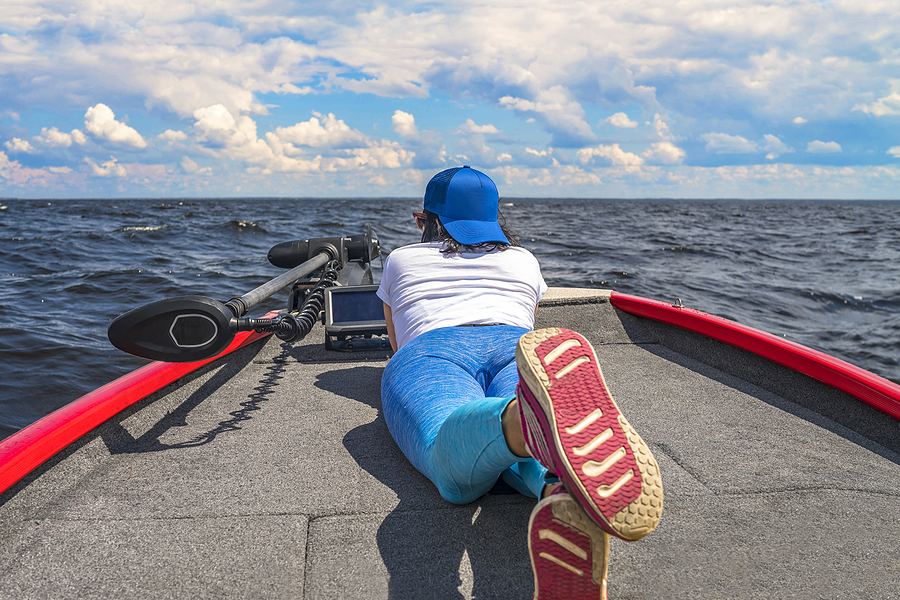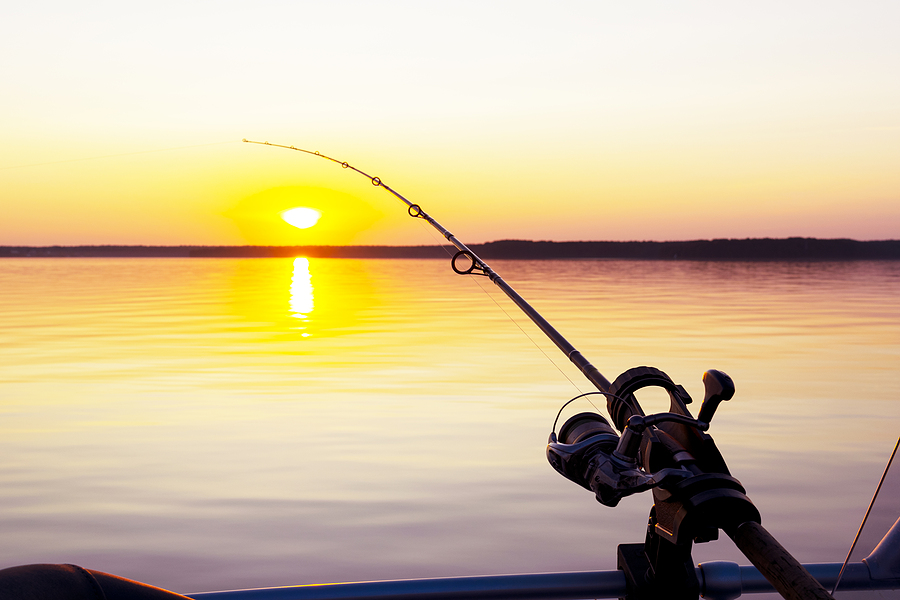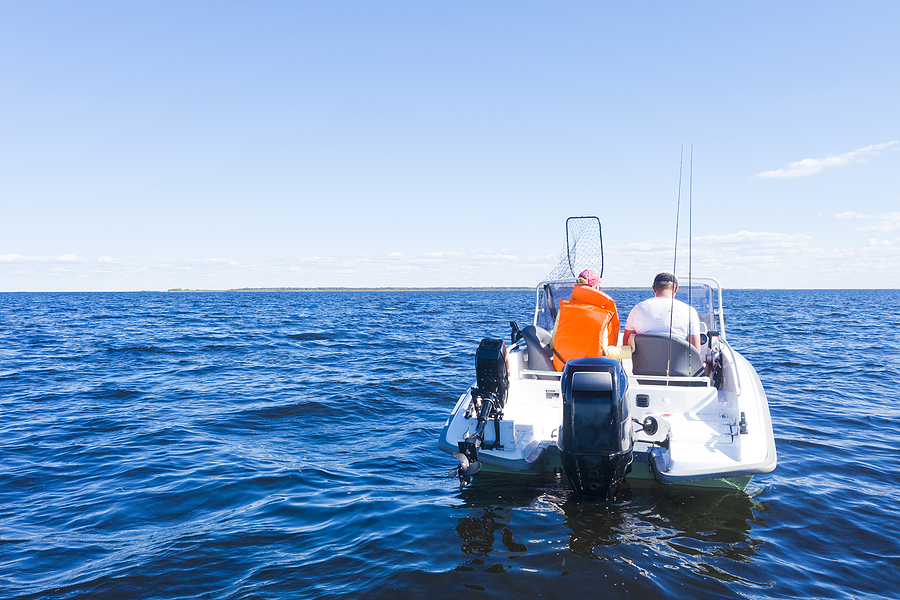Going out fishing for the trip is a fun day out for everyone – except when you have zero luck and return home having caught nothing at all… Though this can be extremely disappointing, it can be especially common when you are navigating through unfamiliar waters. If you have been wondering how to combat this problem, let us introduce you to the Fish Finder!
Fish Finder technology
With revolutionary technology, a Fish Finder uses SONAR (Sound Navigation and Ranging) – reflected pulses of sound waves – to detect the location of fish swimming underneath your boat. The fish images will then show up on your instrument, making it much easier to locate these aquatic creatures and for you to know where to throw your rod. If you are looking to invest in this incredible electronic device, then you’re certainly in the right place.
How to know what’s best
At the outset, you may be overwhelmed by the many options available on the market. While it is useful to understand each aspect of this device, there are some excellent Fish Finder comparison tools that you can use to give you an overview or quick summary of the instruments and their pros and cons. The following qualities you can look out for as essential to the Finder’s reliability and efficacy.
Resolution and display frequency
Ultimately, the key to your tool’s clarity is its frequency. According to Fanatics for Fishing, this is because the higher the frequency, the greater the resolution of your fish images will be. If you are entering shallower waters, a higher frequency option is great for you. Though the most in-use frequency for freshwater fishing is 200kHz, the highest can reach 455kHz.
Location impacts choice
However, depending on whether you mainly fish inland, in a deep-water environment, or along the coast, this will impact the Fish Finder most appropriate for you. For instance, we know that higher frequencies take much more power to reach greater depths. Therefore, if you usually spend your fishing time in much deeper waters, you’ll need an instrument with a lower frequency. Though this does mean that the clarity of imaging will be reduced to an extent, this is the compromise between quality and power.
Consider your cruising speeds
To further the discussion around the location of your fishing waters, you should consider how fast you’re likely to cruise while looking for your fishing spot. Check various products to see how fast the power of the SONAR will allow your boat to cruise. Some instruments struggle to perform optimally beyond trolling speed, which will greatly impact your area coverage.
Be safe on the waters
It is vital to ensure your boat can be tracked and located with a GPS. Safety is key on the water! Fortunately, many Fish Finders have a GPS tracking system in the technology, so this is another feature to look out for if you’re unsure whether the boat you’ll be on will have one. A portable tool that you can take along on trips with your mates, or even when hiring a boat on vacation is the perfect complement to your hobbyist equipment.
With such a wide range of features – all of which are dependent on the location you’ll most often fish – it is a great idea to consult a professional! Otherwise, chat to people who fish in the same area as you to get some ideas on which tech you’d like to purchase. Enjoy your time on the water!
Image Source: BigStockPhoto.com (Licensed)
Site Disclaimer
The Content in this post and on this site is for informational and entertainment purposes only. You should not construe any such information or other material as legal, tax, investment, financial, or other advice. Nothing contained on our Site constitutes a solicitation, recommendation, endorsement, or offer by HII or any third party service provider to buy or sell any securities or other financial instruments.
Nothing in this post or on this site constitutes professional and/or financial advice. You alone assume the sole responsibility of evaluating the merits and risks associated with the use of any information or other content in this post or on this site.
You recognize that when making investments, an investor may get back less than the amount invested. Information on past performance, where given, is not necessarily a guide to future performance.
Related Categories: hobby, Entertainment, Reviews








